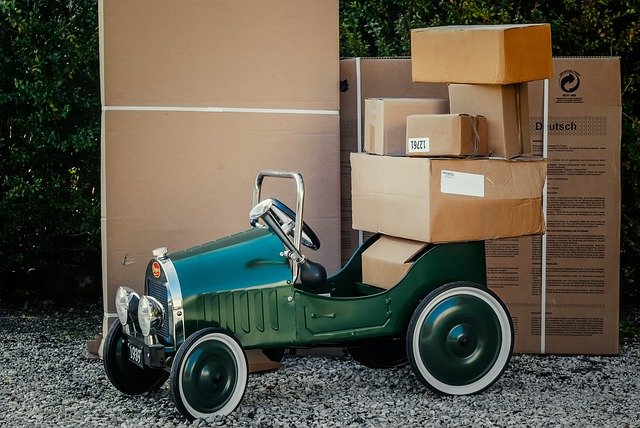Settling In: Local Integration and Support Resources After Your Move
Moving to a new city or country begins a practical and social transition. This article outlines the key integration and support resources to help newcomers handle paperwork, local services, housing, and community connections. Use these practical steps to streamline the first weeks after your move.

Moving to a new place involves more than transporting belongings: it requires local knowledge, timely paperwork, and social connections to make a house feel like home. This article explains practical steps and resources to help you integrate after a move, from handling customs and visas to finding housing, organizing storage and transport, and building a local support network. The guidance that follows is focused on common needs for both individual and corporate relocations.
Moving and packing: what to prioritize
Efficient moving and careful packing reduce stress when settling in. Prioritize essential boxes with items for the first week: toiletries, basic kitchenware, important documents, chargers, and a few days’ clothing. Label boxes by room and include an inventory sheet for each container to simplify unpacking and customs inspections. For fragile items, use layered cushioning and mark them clearly. If using professional movers, request a written inventory, insurance options, and clear pickup/delivery timelines to avoid surprises during the initial settling-in period.
International migration: visas and customs considerations
If your move crosses borders, visas and customs rules shape timelines and required documents. Confirm visa validity and permitted activities before departure and carry original passports, visa paperwork, and proof of residence. For customs, prepare a detailed inventory and any required certificates for restricted items (electronics, medication, or high-value goods). Research quarantine or inspection rules for pets and plants. Local consulates, embassy resources, and official government sites provide the most current requirements for your destination and are essential contacts during the first days after arrival.
Housing, storage, and local logistics options
Securing suitable housing often determines how quickly you can integrate. Consider temporary housing or serviced apartments while you search for longer-term options, and explore short-term storage if your shipment is delayed. Local logistics services can assist with last-mile delivery for furniture and appliances and offer temporary storage while you finalize a rental or purchase. Compare neighborhood amenities, public transport access, and local services like waste collection and utilities setup to match your daily needs and reduce friction during the move-in process.
Documentation, checklists, and timeline planning
A clear checklist and timeline keep administrative tasks manageable. Key items include registration with local authorities, tax and social security enrollment (if applicable), opening a bank account, setting up utilities, and obtaining local identification or residence cards. Break the list into immediate (first week), short-term (first month), and medium-term (first three to six months) actions. Keep both physical and digital copies of documents, and use calendar reminders for deadlines such as visa renewals or address registrations to avoid penalties and ensure continuous access to public services.
| Provider Name | Services Offered | Key Features/Benefits |
|---|---|---|
| Crown Relocations | International moving, settling-in services, storage | Global network, destination services, household goods handling |
| Cartus | Corporate relocation, destination services, home sale/purchase support | Global corporate programs, policy management, local area orientation |
| SIRVA (Allied/NorthAmerican Van Lines) | Household goods moving, storage, logistics | Large carrier network, specialized packing, tracking options |
| Santa Fe Relocation | Immigration support, move management, destination services | Immigration expertise, policy consulting, assignee support |
Support for expatriate and corporate relocations
Expatriate and corporate moves often benefit from organized orientation and community programs. Employers or relocation providers can arrange orientation sessions covering local laws, schooling options, and community introductions. Look for local expat associations, language classes, and social meetup groups to build networks quickly. Corporate relocations may include temporary housing, cultural training, and family support services—clarify what your package covers and where you can access additional local resources for schooling, healthcare enrollment, and childcare.
Conclusion
Successful integration after a move blends logistical preparation with local engagement: secure essential documents and a safe place to live, plan timelines for administrative tasks, and use local service providers and community resources to ease the transition. With organized packing, clear documentation, and targeted support—whether for individual or corporate relocations—you can reduce friction and focus on adapting to your new surroundings.




